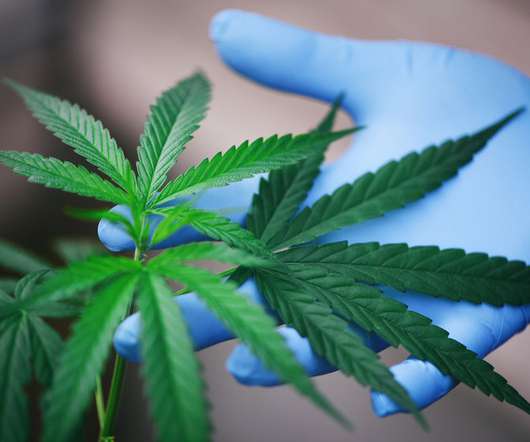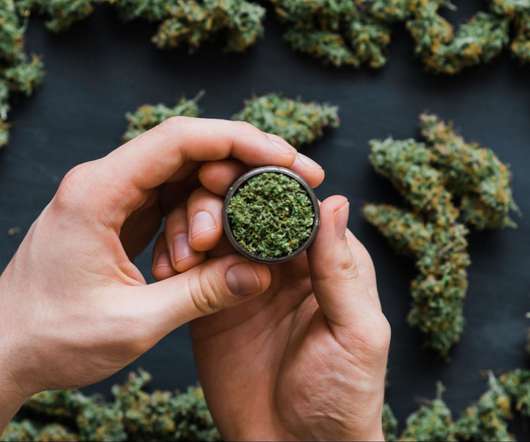Cannabis Tied to Lower Blood Pressure in Hypertension Patients, Study Finds
The Cannigma
JANUARY 26, 2021
Using cannabis for several months is associated with a reduction in blood pressure among older adults with hypertension, according to a prospective study published last week. The mean differences in 24-hours systolic and diastolic blood pressures were 5.0 No relationship between THC, CBD levels and blood pressure change.












Let's personalize your content